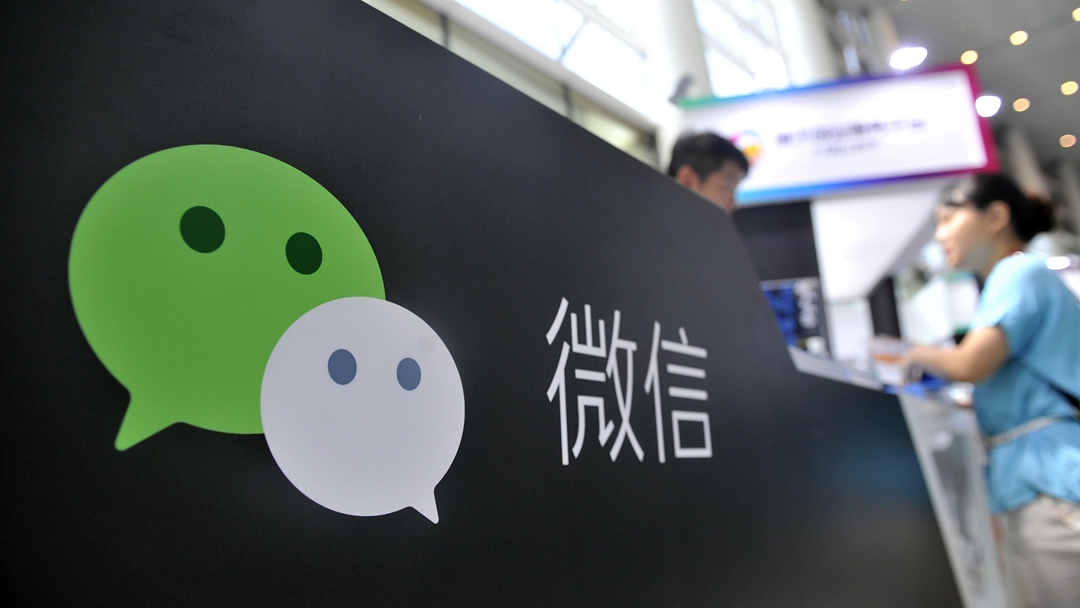
Logo of Tencent's messaging app WeChat on display. /CFP
Logo of Tencent's messaging app WeChat on display. /CFP
Chinese tech giant Tencent Holdings has become the target of a fresh anti-monopoly complaint to regulators, this time from a supplier of smart vehicle technology and a General Motors China venture.
The supplier, Shanghai PATEO, accused Tencent in a statement of abusing its messaging app's dominant market position to restrict sales of its products. Tencent responded to the allegation saying that "maliciously sensationalize on monopoly" should not be a shield for rights infringement.
PATEO offers voice recognition features and other mobile applications that rely on Tencent's all-in-one WeChat app. It added that Tencent has been asking car companies to stop using PATEO's Internet of Vehicles products since August 2020.
Tencent said in the statement that PATEO developed the Xinbaojun Autolink app and WeChat Notification Assistant software without gaining authorization from Tencent. Using trademarks like WeChat are suspected of trademark infringement and created unfair competition, the company added.
Tencent revealed that it has filed a complaint with a Shenzhen court last September, and a lawsuit was officially filed in the following month.
It further alleged that PATEO's apps infringed WeChat users' privacy by collecting and storing user contact information and chat history.
Tencent stated that its products follow the concept of fair competition and open cooperation to provide services for users and third-party products.
PATEO's complaint comes just a week after ByteDance's Chinese version of TikTok called Douyin accused Tencent of monopolistic behavior and filed suit in a Beijing court, seeking 90 million yuan ($14 million) in compensation.
Tencent has described that claim as false and said ByteDance was illegally using its users' data.
Chinese regulators have stepped up regulations on tech giants since November by issuing the anti-monopoly draft rules for online platforms. The country issued antitrust guidelines last week on the platform economy, signaling a strengthened antitrust enforcement against monopolistic behaviors in the sector.
(With input from Reuters)

